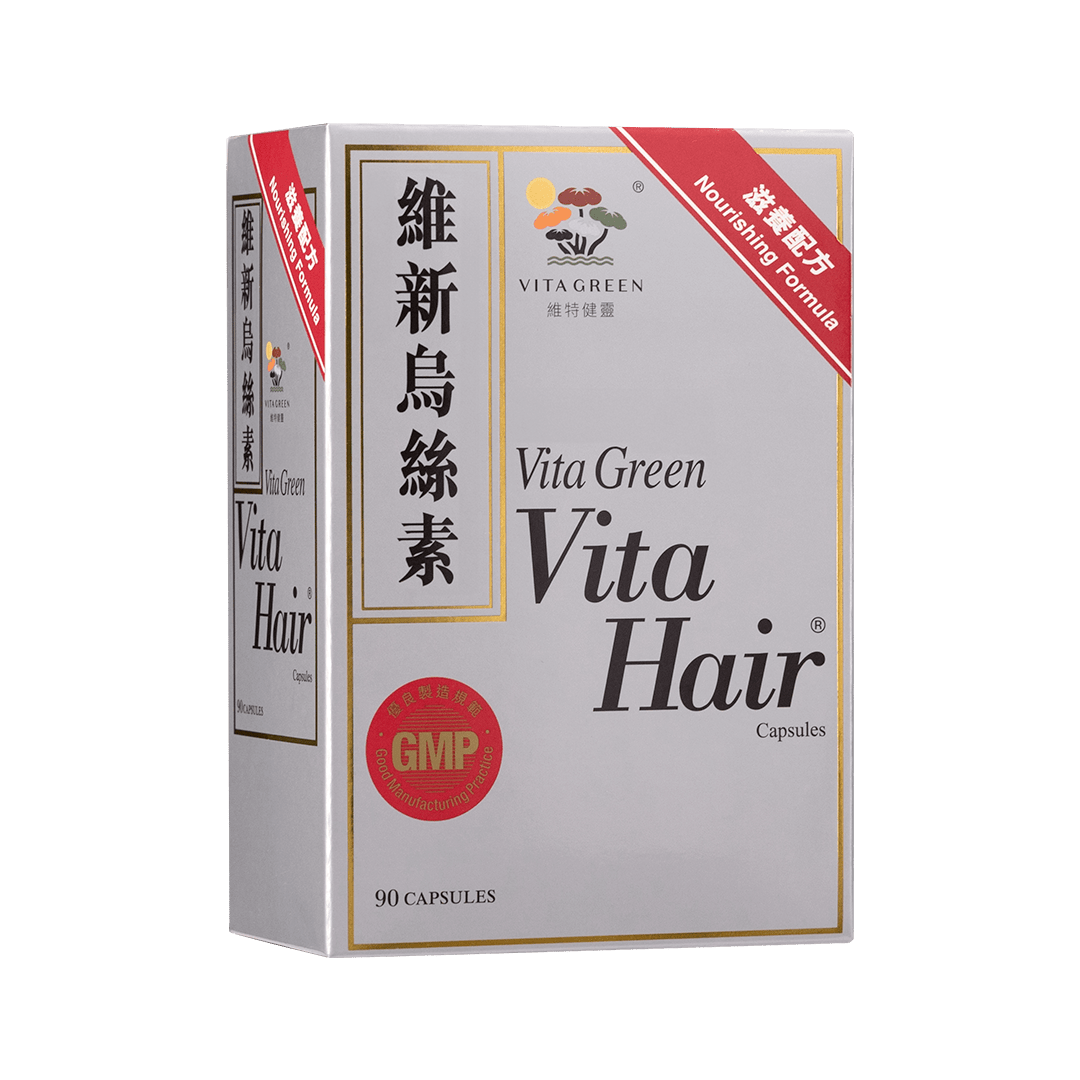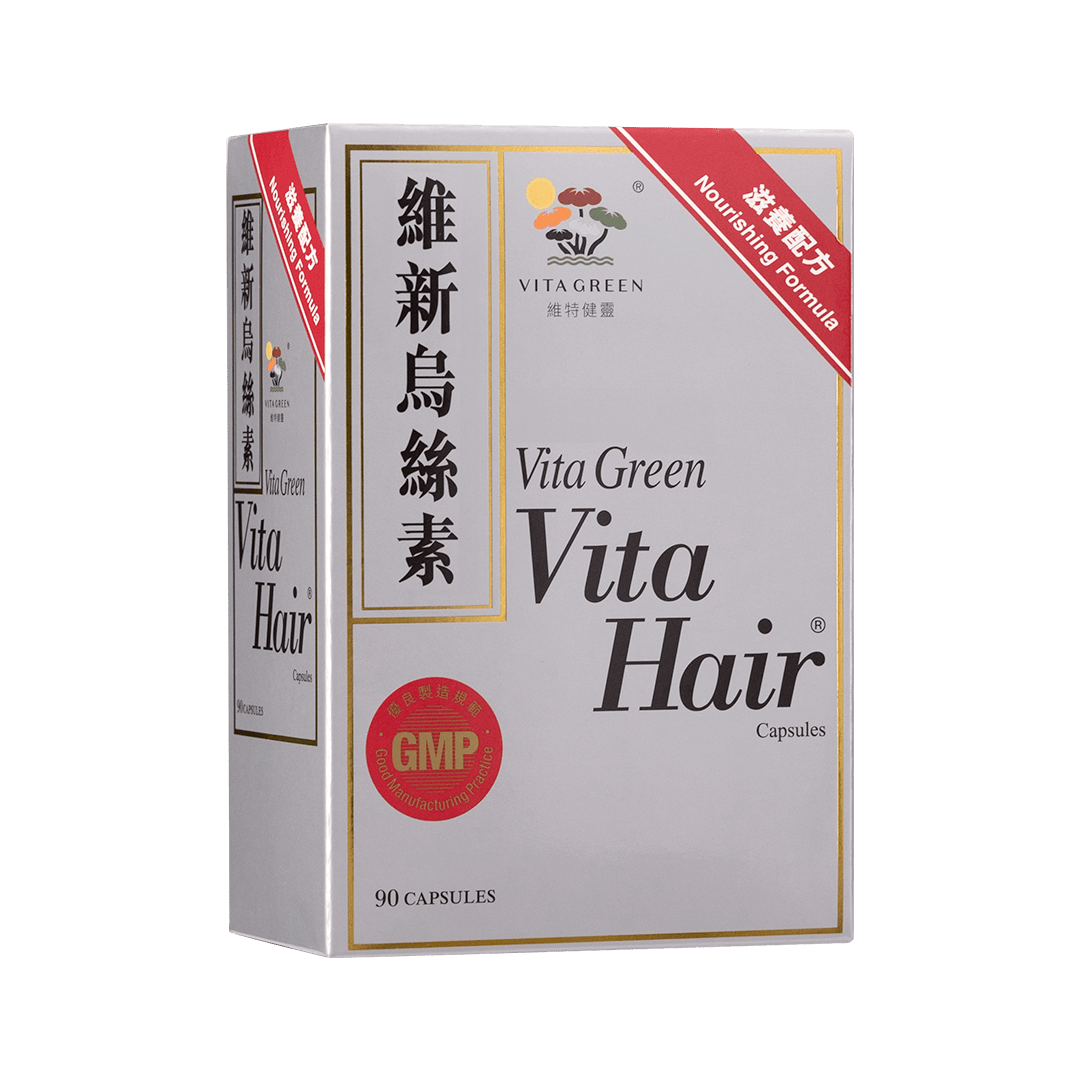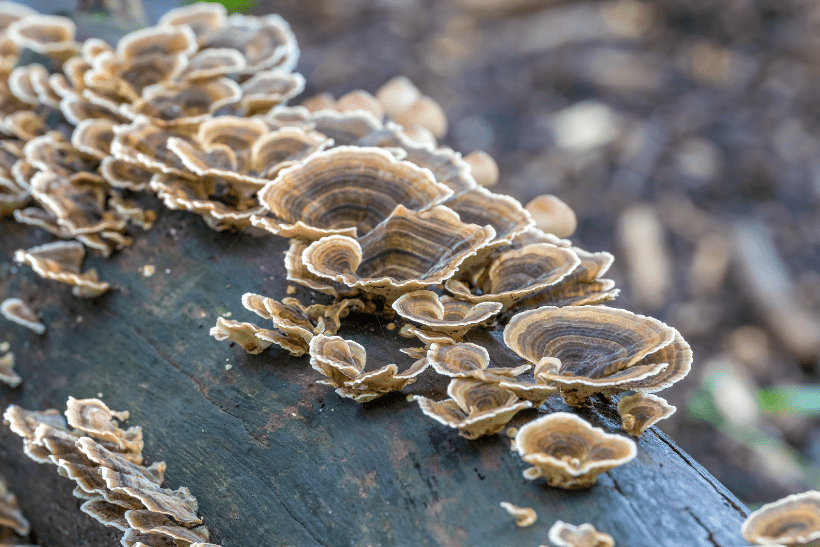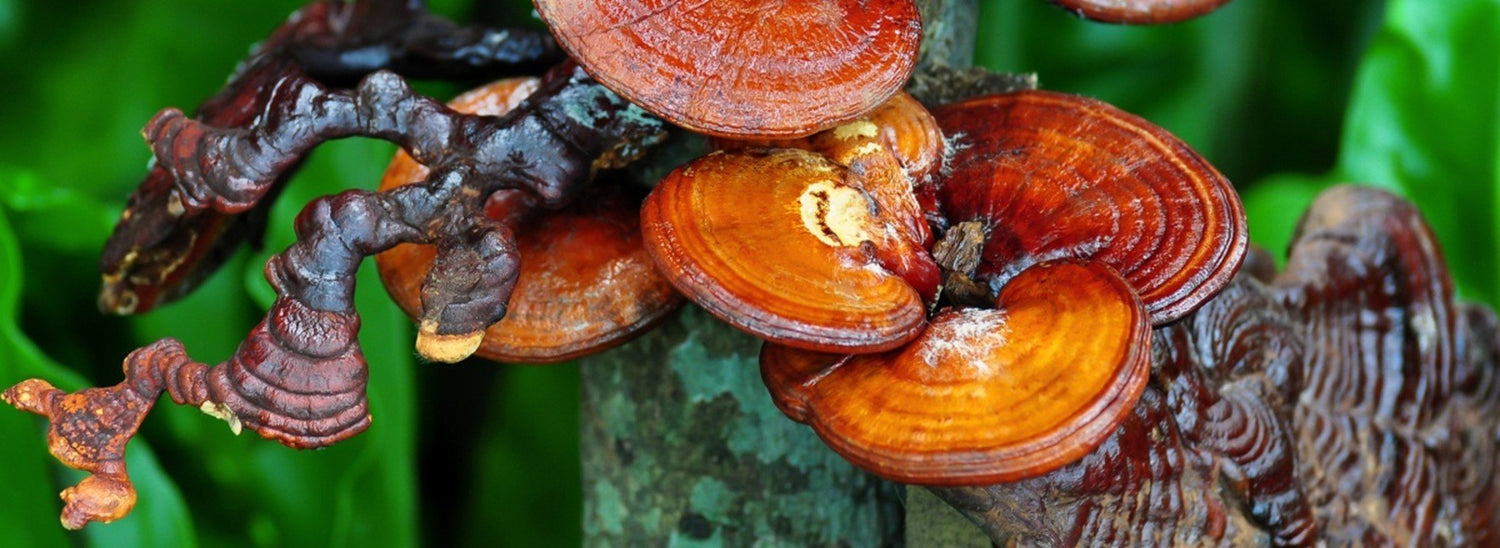The quest for a healthy heart has long been a paramount concern for humans, and nature has provided us with an array of remedies to support cardiovascular health. Among these, the Reishi mushroom (Ganoderma Lucidum) stands out as a powerful ally in promoting heart wellness. Revered for its medicinal properties in traditional medicine for centuries, Reishi mushrooms have garnered attention worldwide in recent years. This article delves into the multifaceted benefits of Reishi mushrooms for cardiovascular health, exploring the science behind their remarkable effects.
Reishi mushrooms, often referred to as the "Mushroom of Immortality" or the "Herb of Spiritual Potency," are a species of fungus that have been utilized for their health-enhancing properties for over 2,000 years. These mushrooms are typically reddish-brown in color and have a distinctive kidney or fan-shaped cap. While they can be found growing on various types of hardwood trees, Reishi mushrooms are also cultivated for medicinal purposes.

The key components of Reishi mushrooms include:
- Polysaccharides: Reishi mushrooms contain a wealth of bioactive compounds, with polysaccharides being one of the most crucial. These complex carbohydrates play a pivotal role in modulating the immune system and exerting anti-inflammatory effects, indirectly supporting cardiovascular health by reducing chronic inflammation.
- Triterpenoids: Triterpenoids are responsible for the bitter taste of Reishi mushrooms and have exhibited potent antioxidant properties. These compounds are instrumental in protecting the heart from oxidative stress, a key factor in the development of cardiovascular diseases.
- Peptides: Reishi mushrooms also contain peptides with potential blood pressure-regulating effects. By helping to relax blood vessels and lower blood pressure, these peptides contribute to overall cardiovascular well-being.
Reishi Mushroom and Cardiovascular Diseases
- Hypertension
Several studies have shown that Reishi mushrooms may help manage hypertension, a significant risk factor for cardiovascular disease. A study conducted by Zhang et al. 1 revealed that Reishi mushroom extract has an antihypertensive effect in spontaneously hypertensive rats. The researchers found that the extract significantly decreased systolic blood pressure and mean arterial pressure. They concluded that this effect might be due to the mushroom's potential to inhibit the angiotensin-converting enzyme, which plays a key role in regulating blood pressure.
- Atherosclerosis
Atherosclerosis, characterized by the build-up of fats, cholesterol and other substances in and on the artery walls, is another significant risk factor for cardiovascular disease. It's been suggested that Reishi mushrooms can help manage this condition. A study by Chen et al. 2 found that Reishi mushroom extract inhibited the formation of atherosclerotic plaques in rabbits fed a high-fat diet. The researchers suggested that the mushrooms' antioxidative and anti-inflammatory properties could be responsible for this effect.
- Heart Failure
Heart failure, a chronic condition where the heart doesn't pump blood as well as it should, is another area where Reishi mushroom may have a positive impact. A study conducted by Wachtel-Galor et al. 3 found that Reishi mushroom extract improved cardiac function in rats with heart failure. They discovered that the extract could reduce the size of the heart's left ventricle, increase cardiac output, and decrease systemic vascular resistance, all of which improved heart function.

Benefits of Reishi Mushroom for Cardiovascular Health
- Antioxidant Action
The oxidative stress caused by free radicals is a major contributor to heart diseases. Oxidative stress occurs when there is an imbalance between harmful free radicals and antioxidants in the body. Excessive oxidative stress can damage cells and tissues, including those in the cardiovascular system. Reishi mushrooms, rich in triterpenoids and other antioxidants, neutralize these harmful molecules, reducing the risk of oxidative damage to the cardiovascular system.
- Blood Pressure Regulation
Hypertension, or high blood pressure, is a significant risk factor for heart disease. Studies have shown that Reishi mushrooms may have vasodilatory effects, meaning they can promote the relaxation and widening of blood vessels that help to lower blood pressure, improving blood flow, and reducing the strain on the heart.

- Cholesterol Management
Elevated cholesterol levels, particularly LDL (low-density lipoprotein) cholesterol or often referred to as “bad cholesterol”, can lead to an increased risk of heart diseases such as atherosclerosis and coronary artery disease. Reishi mushrooms have been found to reduce LDL cholesterol levels while increasing HDL (high-density lipoprotein) cholesterol or known as “good cholesterol”. This helps remove excess cholesterol from the bloodstream, further promoting a healthier lipid profile which is a beneficial effect on overall cardiovascular health.
4. Anti-Inflammatory Effects
Chronic inflammation within the body is associated with an increased risk of heart disease and plays a key role in the development and progression of cardiovascular diseases, including atherosclerosis and hypertension. Reishi mushrooms contain bioactive compounds such as polysaccharides, triterpenoids, and peptides that have demonstrated anti-inflammatory properties. These compounds help reduce inflammation and protect the blood vessels from damage.
5. Improved Circulation
Proper blood circulation is vital for cardiovascular health. Reishi mushrooms have been shown to enhance blood flow by preventing the aggregation of the body’s platelets which can help reduce the formation of blood clots and thrombosis. Improved blood flow ensures that oxygen and nutrients are efficiently delivered to all parts of the body, including the heart and brain, thereby reducing the risk of heart attacks and strokes.

6. Stress Reduction
Chronic stress can have a detrimental impact on the heart as it increases blood pressure and inflammation. Reishi mushrooms have adaptogenic properties, meaning they help the body adapt to stress and maintain balance more effectively. By reducing stress levels, Reishi mushrooms indirectly support the heart, promoting better cardiovascular health.

- Improved Endothelial Function
The endothelium is a thin layer of cells lining the inner surface of blood vessels. It plays a crucial role in regulating vascular tone, blood flow, and maintaining overall cardiovascular health. Endothelial dysfunction is associated with several cardiovascular diseases, including hypertension, atherosclerosis, and coronary artery disease. Reishi mushroom extracts have been found to enhance endothelial function, helping to prevent these diseases.

It’s also important to note that numerous scientific studies have explored the cardiovascular benefits of Reishi mushrooms. For instance, a study published in the journal "Phytomedicine" in 2016 found that Reishi mushroom extracts significantly reduced blood pressure in hypertensive rats. Additionally, research published in the "Journal of Medicinal Food" in 2015 demonstrated that Reishi mushroom consumption led to a decrease in LDL cholesterol levels in human subjects.
Moreover, a meta-analysis published in the "Journal of Ethnopharmacology" in 2014 reviewed multiple studies and concluded that Reishi mushrooms exhibited notable anti-hypertensive and hypolipidemic effects, confirming their potential in supporting cardiovascular health.

There are several ways to incorporate Reishi mushrooms into your daily routine to harness their cardiovascular benefits:
- Reishi Mushroom Supplements: Reishi mushroom supplements, available in various forms such as capsules, offer a convenient way to ensure regular consumption. One of the best in the market today is Vita Green’s Lingzhi supplement. It doesn’t only contain Reishi but it’s also packed with 5 other types of mushrooms that help achieve the optimal benefits that these mushrooms have to offer.


Reishi mushrooms, with their rich history in traditional medicine and growing body of scientific evidence, offer a promising natural approach to support cardiovascular health. Their antioxidant, anti-inflammatory, blood pressure-regulating, and cholesterol-lowering properties make them a valuable addition to a heart-healthy lifestyle. However, it's crucial to use Reishi mushrooms with care, especially if you have underlying health conditions or are taking medications. Always consult with a healthcare professional before making significant dietary or supplement changes. Embracing the potential of Reishi mushrooms may be a step toward a healthier heart and a longer, more vibrant life.
References:
- Shevelev, Oleg B., et al. “Hypotensive and Neurometabolic Effects of Intragastric Reishi (Ganoderma Lucidum) Administration in Hypertensive ISIAH Rat Strain.” Phytomedicine, vol. 41, Elsevier BV, Mar. 2018, pp. 1–6. https://doi.org/10.1016/j.phymed.2018.01.013.
- Liang, Zengenni, et al. “Hypolipidemic, Antioxidant, and Antiapoptotic Effects of Polysaccharides Extracted From Reishi Mushroom, Ganoderma Lucidum (Leysser: Fr) Karst, in Mice Fed a High-Fat Diet.” Journal of Medicinal Food, vol. 21, no. 12, Mary Ann Liebert, Inc., Dec. 2018, pp. 1218–27. https://doi.org/10.1089/jmf.2018.4182.
- Yahaya, Noor Fazila Mohamed, et al. “Therapeutic Potential of Mushrooms in Preventing and Ameliorating Hypertension.” Trends in Food Science and Technology, vol. 39, no. 2, Elsevier BV, Oct. 2014, pp. 104–15. https://doi.org/10.1016/j.tifs.2014.06.002.
- Valverde, María Elena, et al. “Edible Mushrooms: Improving Human Health and Promoting Quality Life.” International Journal of Microbiology, vol. 2015, Hindawi Publishing Corporation, Jan. 2015, pp. 1–14. https://doi.org/10.1155/2015/376387.
- Klupp, Nerida L., et al. “Ganoderma Lucidum Mushroom for the Treatment of Cardiovascular Risk Factors.” The Cochrane Library, vol. 2021, no. 9, Feb. 2015, https://doi.org/10.1002/14651858.cd007259.pub2.
- Sheikha, Aly Farag El. “Nutritional Profile and Health Benefits of Ganoderma Lucidum ‘Lingzhi, Reishi, or Mannentake’ as Functional Foods: Current Scenario and Future Perspectives.” Foods, vol. 11, no. 7, Multidisciplinary Digital Publishing Institute, Apr. 2022, p. 1030. https://doi.org/10.3390/foods11071030.
- Kubota, Atsuhito, et al. “Reishi Mushroom Ganoderma Lucidum Modulates IgA Production and Alpha-defensin Expression in the Rat Small Intestine.” Journal of Ethnopharmacology, vol. 214, Elsevier BV, Mar. 2018, pp. 240–43. https://doi.org/10.1016/j.jep.2017.12.010.
- Zhang, W., Zhang, Q., Deng, W., Li, Y., Xing, G., Shi, X., Du, Y. (2013). Hypotensive Activity of Water Soluble Ganoderma lucidum Polysaccharides on Anesthetized Sprague-Dawley Male Rats. Pharmacognosy Magazine, 9(34), 15-20. https://www.ncbi.nlm.nih.gov/pmc/articles/PMC4192946/
- Chen, N. H., Liu, J. W., Zhong, J. J. (2010). Ganoderic acid T from Ganoderma lucidum mycelia attenuates atherosclerosis in high-fat diet-fed rabbits. Pharmaceutical Biology, 48(9), 1094-1098. https://www.ncbi.nlm.nih.gov/pmc/articles/PMC3546526/
- Wachtel-Galor, S., Szeto, Y.T.,Tom, B., Benzie, I.F. (2004). Ganoderma lucidum ('Lingzhi'); acute and short-term biomarker response to supplementation. International Journal of Food Sciences and Nutrition, 55(1), 75-83. https://www.tandfonline.com/doi/abs/10.1080/09637480310001642510







